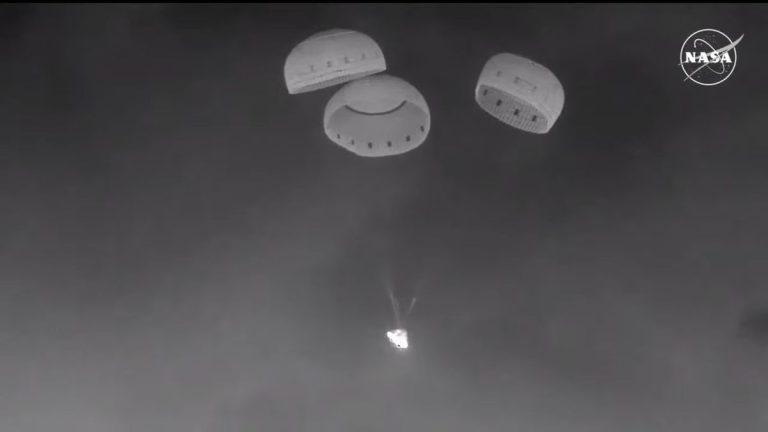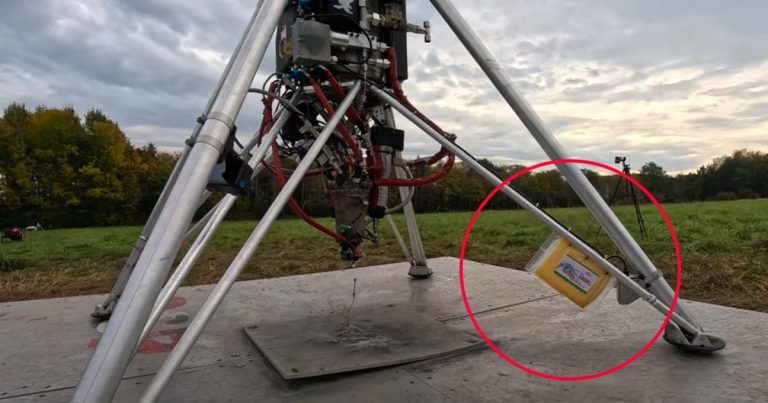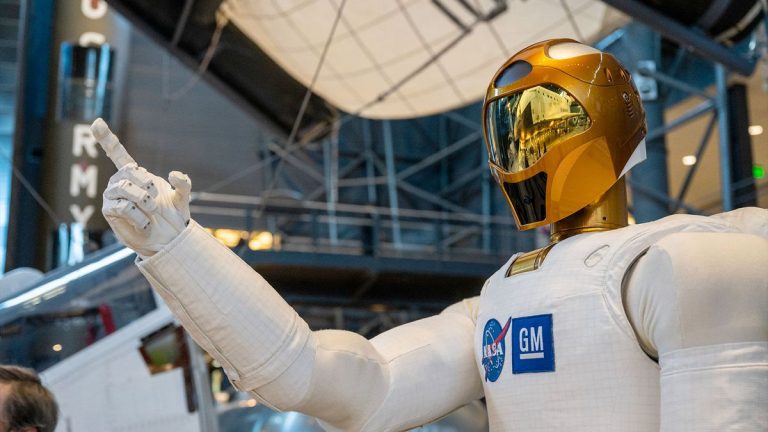
Biz Updates: Terran Orbital Wins $2.4B Contract, Vast Acquires Launcher, Relativity Space Sets Date for Terran 1’s Maiden Launch (Image Credit: Payload)
Terran Orbital subsidiary Tyvak Nano-Satellite Systems has been awarded a $2.4 billion contract to supply 300 communications satellites to Rivada Space Networks. The company will build 288 satellites for deployment in low Earth orbit along with 12 spares.
“Terran Orbital, through its subsidiary Tyvak, will act as the prime contractor to design and manufacture the approximately 500 kg satellites, integrate the communication payload, and perform the final satellite assembly, integration, and test. We will also be responsible for developing portions of the ground segment,” Terran Orbital said.
“Mission operations for the on-orbit satellites will be conducted from a state-of-the-art satellite operations control center. Rivada expects to begin deploying its constellation as early as 2025, subject to compliance with applicable regulatory requirements, with the anticipated launch of four of our satellites,” the company added.
Rivada Space Networks is a subsidiary of Rivada Networks, a U.S.-based company focused on open-access wholesale wireless communications. The company operates in North and South America as well as Europe.
Vast Acquires Launcher
Vast, a company developing an artificial gravity space station, has acquired propulsion company Launcher.
“This acquisition provides Vast with an established set of talent to accelerate in-house advanced manufacturing and development capabilities as well as spacecraft technologies. In addition, with Launcher’s Orbiter space tug and hosted payload platform to reach orbit this year to develop and test its on-orbit space station components and subsystems,” Vast said in a press release.
“Vast will continue the Orbiter space tug and hosted payload products as well as its staged combustion rocket engine E-2, and will focus on liquid rocket engine products instead of developing its own launch vehicle. Orbiter will continue to support current and future payload customers,” the company added.
Vast, which is based in El Segundo, Calif., will bring its team to more than 120 people by absorbing Launcher’s staff. Launcher Founder Max Haot will join as Vast’s president. The enlarged company will move into a 115,000 square-foot headquarters in Long Beach later this year.
Vast says that its artificial gravity station will have more interior volume than the International Space Station now in orbit.
Gravitics, which is based in Washington state, is also developing modules for artificial gravity space stations.
Relativity Space Sets Launch Date
Relativity Space has set March 8 as the launch date for the maiden launch of the first fully 3D-printed rocket.
Terran 1 will lift off from Launch Complex 16 at the Cape Canaveral Space Force Station in Florida. The launch window opens at 1 p.m. EST (18:00 UTC).
Terran 1 stands 33.5 m (110 ft.) tall and is powered by nine first stage Aeon engines and one second stage Aeon engine that use liquid oxygen and liquid natural gase. The rocket has the following payload capacities:
- Low Earth orbit: 1,250 kg (2,756 lb) to 185 km (115 miles)
- Sun synchronous orbit: 900 kg (1,984 lb) to 500 km (311 miles)
- Sun synchronous orbit: 700 kg (1,534 lb) to 1,200 km (746 miles).
Relativity Space is advertising dedicated launches at $12 million.








